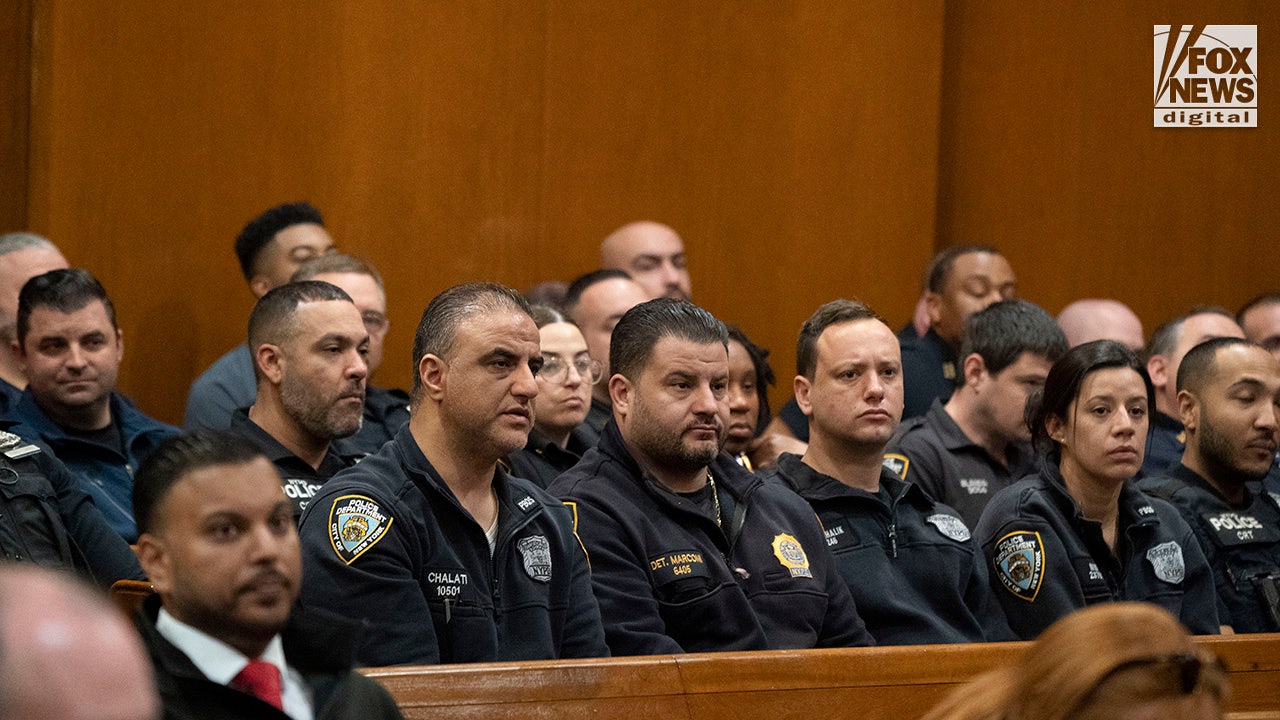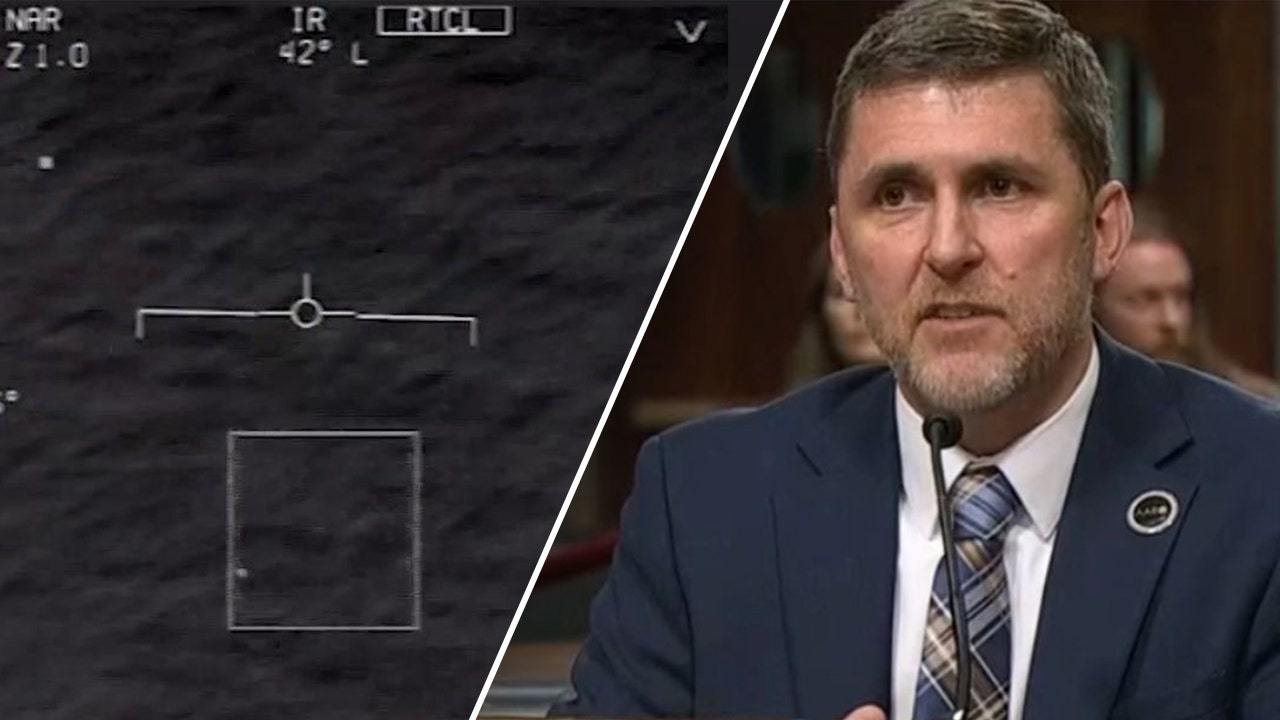Lt. Gov. Mark Robinson of North Carolina secured the Republican nomination for governor on Tuesday, continuing his rapid political rise in a key battleground state.
Mr. Robinson, 55, is now poised to face his Democratic opponent, Attorney General Josh Stein of North Carolina, in the general election in November. Both men would break ground if elected: Mr. Robinson would be the first Black governor, while Mr. Stein, 57, would be the first Jewish governor.
Mr. Robinson has built a reputation as a political firebrand, and forged a path to the executive mansion in Raleigh partly through incendiary comments on social issues, which have mobilized his Trump-aligned base and repulsed Democrats.
Here are five things to know about Mr. Robinson.
His political career was fueled by online support.
On April 3, 2018, the City Council in Greensboro, N.C., was considering canceling a gun show after facing public outcry following the mass shooting in Parkland, Fla., in which 17 people were killed at a high school.
Mr. Robinson, who grew up in Greensboro, about 75 miles northwest of Raleigh, was indignant about the cancellation. He delivered a speech at the council meeting that night, and videos of it spread widely in conservative circles, gaining millions of views.
“We want our rights, and we want to keep our rights,” Mr. Robinson said at the meeting. “And by God, we’re going to keep them, come hell or high water.”
He began getting invited to speak at gun rallies, and subsequently left his job in furniture manufacturing.
He made history as the first Black lieutenant governor of North Carolina.
Bolstered by his image as a political outsider and gun rights advocate, Mr. Robinson ran for lieutenant governor in 2020. His victory made him the first Black person in North Carolina to hold the office.
It was the first elected office he had ever held, and the position increased his profile. But he has had little effect on policy. Mr. Robinson and Gov. Roy Cooper, a Democrat, have had an acrimonious relationship and have not worked closely together.
The lieutenant governor in North Carolina presides over the State Senate but has no vote unless the Senate is equally divided, similar to the vice president of the United States.
His upbringing was difficult.
Mr. Robinson has said that growing up poor in Greensboro had shaped his political philosophy. He wrote in his autobiography “We Are The Majority!” that his father was an alcoholic and abusive toward his mother, and that his parents relied on government assistance to support their 10 children. Mr. Robinson was the second youngest.
“Even as a child, I felt the imbalance, the wrongness of it,” Mr. Robinson wrote of the abuse. “At an early age, I began to think of the world in terms of what is fair or unfair, right or wrong.”
Like former President Donald J. Trump, Mr. Robinson has also expressed anger at the North American Free Trade Agreement for causing manufacturing jobs to shift from North Carolina to countries with lower labor costs in the ’90s. Mr. Robinson has said that the trade pact made him lose two jobs.
His wife had an abortion decades ago, and it has shaped his views on the issue.
Mr. Robinson supports a so-called heartbeat law, which would ban abortions after about six weeks of pregnancy, when many women have yet to realize they are pregnant.
Such a measure would roll back abortion rights in North Carolina: Republicans used their new supermajority in the legislature last year to ban most abortions after 12 weeks of pregnancy.
Mr. Robinson’s campaign spokesman said that Mr. Robinson supported exceptions for rape, incest or when the life of the mother was in danger. But the spokesman did not specify at how many weeks those protections would apply.
Mr. Robinson has publicly discussed how his wife, Yolanda Robinson, had an abortion in 1989, a year before they were married. The couple later had two children.
Mr. Robinson said in a Facebook video in 2022 that the couple’s decision to have abortion had been “wrong” and that it had been the catalyst for the couple’s anti-abortion views that developed later.
He has long held anti-L.G.B.T.Q. views.
Since gaining a political platform, and even before that on his personal Facebook page, Mr. Robinson has hurled disparaging remarks at the L.G.B.T.Q. community, rooting his attacks in his Christian faith.
He has said that it makes him sick to see a church flying the rainbow flag, describing it as a “direct spit in the face of God.” He also told a congregation that “there’s no reason anybody anywhere in America should be telling any child about transgenderism, homosexuality, any of that filth.”
In February, Mr. Robinson said that transgender women who use women’s restrooms “will be arrested,” echoing the so-called bathroom bill that the state legislators passed in 2016. That measure proved to be unpopular because of its negative economic effects, and Mr. Cooper signed legislation repealing it in 2017.






